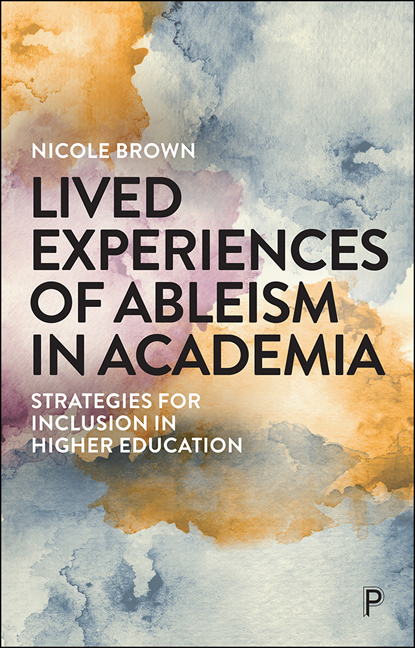7 - Losing my voice (physically and metaphorically)
Published online by Cambridge University Press: 18 December 2021
Summary
Introduction
I first experienced professional voice issues as a trainee teacher in 1974 after contracting bronchitis during an extended teaching practice in my second year at teacher training college. Despite struggling to talk, which meant I had to strain in order to project my voice across the classroom, I was reluctant to take any time off as I was really enjoying the school and I did not want to jeopardise my teaching practice grade. The children at this primary school came from deprived backgrounds and were quite challenging with regards to behaviour management, so positive voice projection was essential in order to be heard without actually shouting. In the end, my visiting tutor recognised the potential damage that was occurring, as well as the fact that I was clearly unwell, and advised that I visit the doctor and take time off.
Research into the impact of voice problems in primary school teachers has identified that teachers in this age group ‘are particularly at risk as they have little opportunity for voice rest during the working day’ (Munier and Kinsella, 2008). This view is supported by Martin and Darnley (2004), who note that teachers are ‘professional voice users’ and that those working with the younger age groups often display particular disorders by the added necessity to spend time on low chairs or bending down to talk to children. Using the term ‘professional voice user’ (Martin and Darnley, 2004) implies that within the profession there would be some sort of voice training. Kaufman (1998, cited in Martin and Darnley 2004) identified four levels of vocal usage. We (teachers and lecturers) are classed as: ‘Professional Voice Users Level 2’, that is ‘a person for whom a moderate vocal problem might prevent adequate job performance’. As academics, we would hope to inspire and motivate our students, therefore presenting only an ‘adequate’ performance is not acceptable. Given also the necessity to gain high levels of student feedback and the importance placed on university rankings one might begin to doubt one's own professional integrity and question the ability to deliver a ‘good quality’ lecture. In this chapter, I reflect not only on what universities could do to support academics as ‘professional voice users’, I also consider the wider implications for introducing voice coaching for courses other than, perhaps, drama and music.
Information
- Type
- Chapter
- Information
- Lived Experiences of Ableism in AcademiaStrategies for Inclusion in Higher Education, pp. 127 - 140Publisher: Bristol University PressPrint publication year: 2021
